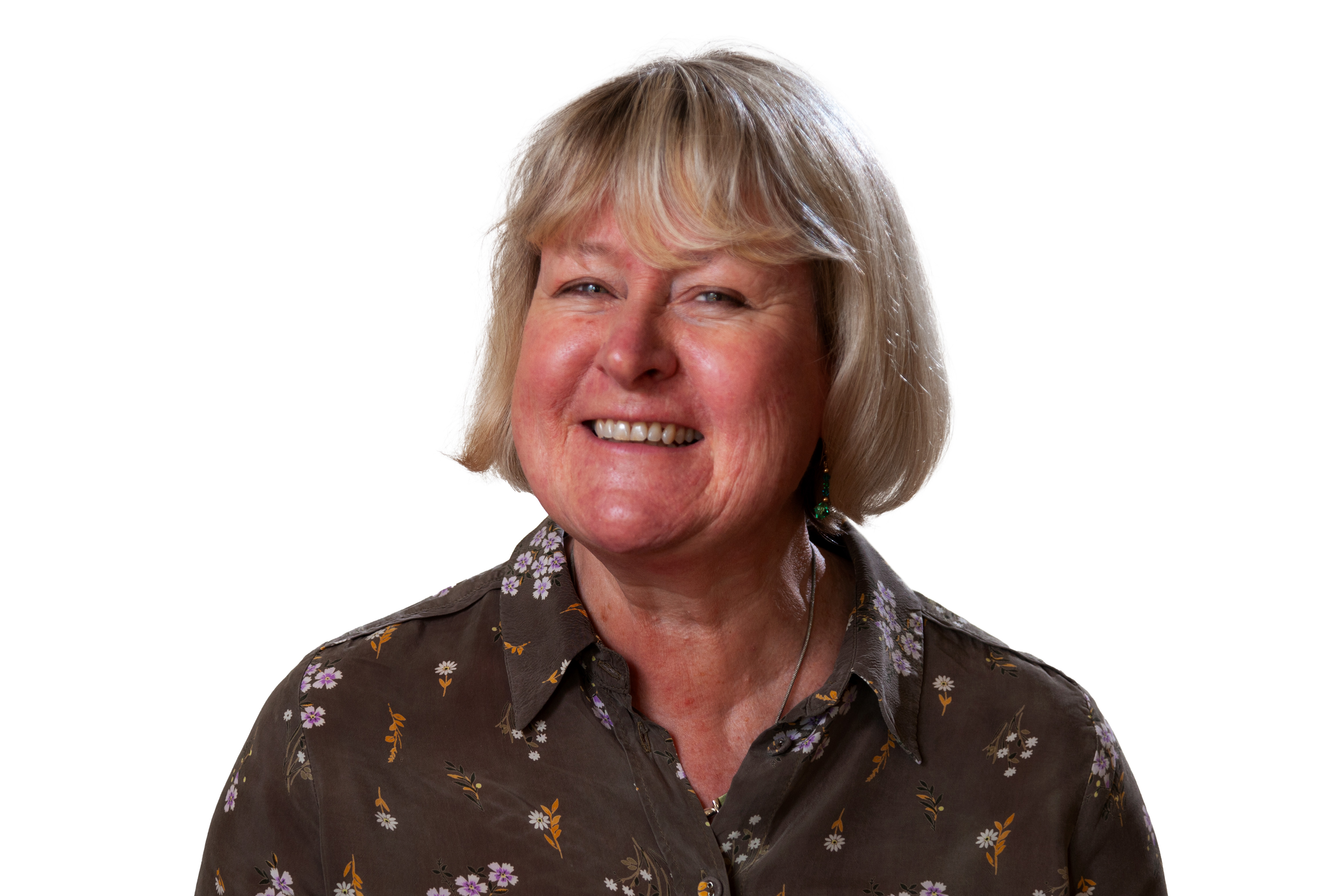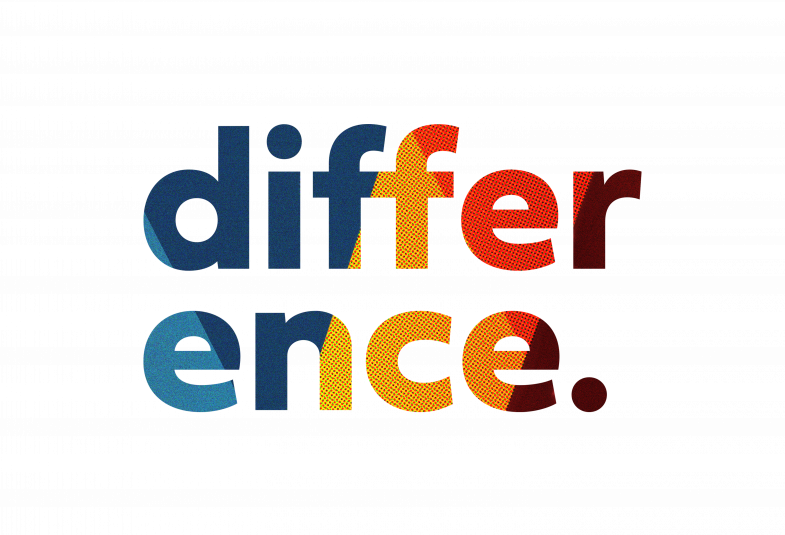 Difference is one of two courses we will be exploring during Lent 2023, along with The Unity Course. Find out more on our Lent Courses page. Our Pioneer Missioner Catherine Matlock (pictured right), talks about her experiences of the Difference course, which she took part in with a small group from dioceses in our region.
Difference is one of two courses we will be exploring during Lent 2023, along with The Unity Course. Find out more on our Lent Courses page. Our Pioneer Missioner Catherine Matlock (pictured right), talks about her experiences of the Difference course, which she took part in with a small group from dioceses in our region.
In a conflicted and divided world, we can’t help but wonder how things will evolve as tensions across society increase both globally and locally. Do you feel that too? As we look at our own relationships and those around us, we can see where hurt and brokenness push us further apart. While there is hope and we can see capacity around us for immense love, we need to be honest about our state and the state of the world. What does following Jesus in this complex and divided world teach us and what more can we learn to achieve deeper kindness and seek authentic, just unity?
As Christians, we are given the ministry of reconciliation (2 Corinthians 5:18), but do we know how to develop reconciling attitudes and practices for our everyday lives? We all have walls that we put up for protection and to maintain healthy boundaries but what walls are we building that are based on assumptions and judgements? We create barriers between us and those we consider to be different from us, especially those who hold differing worldviews, faith and cultural perspectives.
 The Difference course, designed and produced by Archbishop Justin Welby’s reconciliation team, is made up of five sessions exploring the power of faith to transform our relationships and heal division. This resource offers spiritual formation in the development of three habits of reconciliation, identified as being central to effective peacebuilding at the most personal and universal levels. The habits are:-
The Difference course, designed and produced by Archbishop Justin Welby’s reconciliation team, is made up of five sessions exploring the power of faith to transform our relationships and heal division. This resource offers spiritual formation in the development of three habits of reconciliation, identified as being central to effective peacebuilding at the most personal and universal levels. The habits are:-
- Be curious: listen to others’ stories and see the world through their eyes
- Be present: encounter others with authenticity and confidence
- Reimagine: find hope and opportunity in the places where we long to see change.
Over the five sessions, Difference helps us consider our calling as reconcilers and how these habits equip us to cross divides, navigate disagreement, practice forgiveness and risk hope of transformation. The course offers a consistent, gentle, yet thought-provoking format as we share within the sections of Story, Space and Sanctuary. In Story we reflect together on a short film of a personal account of reconciliation and explore a related passage of Scripture. We then have an opportunity to practice the habits as we share in experiential learning in the Space section before praying together in a ‘place’ of Sanctuary.
 Recently, a small team representing different dioceses in the West Midlands facilitated the on-line version of Difference and were greatly encouraged by participants’ openness and vulnerability as they shared stories of struggle and healing in their own lives. In community, we were able to reflect on the risks and complexity of transforming relationships. Here are some personal video accounts of what individuals experienced as they explored the reconciling habits:-
Recently, a small team representing different dioceses in the West Midlands facilitated the on-line version of Difference and were greatly encouraged by participants’ openness and vulnerability as they shared stories of struggle and healing in their own lives. In community, we were able to reflect on the risks and complexity of transforming relationships. Here are some personal video accounts of what individuals experienced as they explored the reconciling habits:-
- God’s Call - We’ve started to explore how being curious, being present and reimagining are three ways of responding daily to God’s call. When we are curious about others, we begin to honour them as one made in God’s image. When we are fully present with someone we disagree with, we begin to build a connection that makes it more possible to understand our differences. When we reimagine, we open ourselves to God’s vision of renewal and healing – even in the places we least expect it. Through this course, we will explore what it means to live these habits out in our everyday lives.
- Crossing Divides - We reflected that our inner lives and human relationships are complex. We all have walls that are hard to cross and there are walls that we find ourselves behind. Sometimes we inherit walls without realising it from attitudes ingrained in our culture or unquestioned by our family and community. But when we take time to notice these walls, we can start to liberate ourselves to feel curious about the story of the other, and to realise that we are ‘the other’ to someone else.
- Navigating Disagreement - We reflected that Disagreements are complex. Conflict can be complicated by a mismatch of power or challenging behaviour that goes beyond a disagreement of opinion or different worldview. But often, it is not our disagreement that prevents good relationships; it is our instinct to draw back from relationship when difference and disagreement arise. We cannot force another person to act in a particular way but we can choose how we respond. Together, these habits can help us see a new way forward and show that we are committed to the other person, in spite of our conflict. When we practice the three habits, we nurture our relationships and build trust with others so we can have difficult conversations without giving up our own convictions.
- Practicing Forgiveness - We reflected that our experiences shape our understanding of forgiveness, and we are each at different stages of our own unique journey. Taking steps to Be Curious, Be Present and to Reimagine can move us forward in making forgiveness part of our daily life. This doesn’t mean it will be easy. Sometimes the most we can do is pray and ask God for the desire to forgive the one who has hurt us. But when forgiveness is able to break through in our relationships, it has unique power to heal, humanise and release us, restoring trust and opening up new possibilities.
- Risking Hope - Throughout this course, we have seen the risks involved in seeking transformed relationships. God knows that we can’t do it alone and he calls us into community with one another on this journey. Before his ascension, Jesus promises us the Holy Spirit to empower and encourage us. We are not able or called to fix every problem we encounter, and we cannot control how things turn out. God instead calls us to dare to act in hope in the present moment, knowing that this is part of God’s much bigger story of restoration.
The Difference course is not intended to offer us skills in mediation, but to help us develop a rhythm of reconciliation that is an integral to our discipleship. The three habits can increasingly become a part of our everyday lives, forming the basis of our prayers and spiritual reflection, refreshing and renewing our internal world as well as our external connections.
A people equipped by the Holy Spirit to embody hope in those difficult, broken spaces, and who have learnt to persevere when it feels as if nothing will ever change.
It starts in the everyday moments of courage and risk, where we choose to join in with what God is doing. The Difference course Is an opportunity to discover where God is inviting us to engage.
(Creators of Difference)
Difference offers you the opportunity to be in a facilitated community setting, exploring what it means to be a ‘reconciled reconciler.’ In the fellowship of other Christians, we learn to accept that we are not called to fix every area of division we encounter or control how things turn out. But together we begin to develop a shared vision, language and practice of reconciling habits that can transform our attitudes and behaviours as we engage with God’s heart for peace and restoration.
To find out more about the Difference resource and how you could host it in your area, contact Catherine Matlock, Pioneer Missioner, Lichfield Diocese, Catherine.Matlock@lichfield.anglican.org